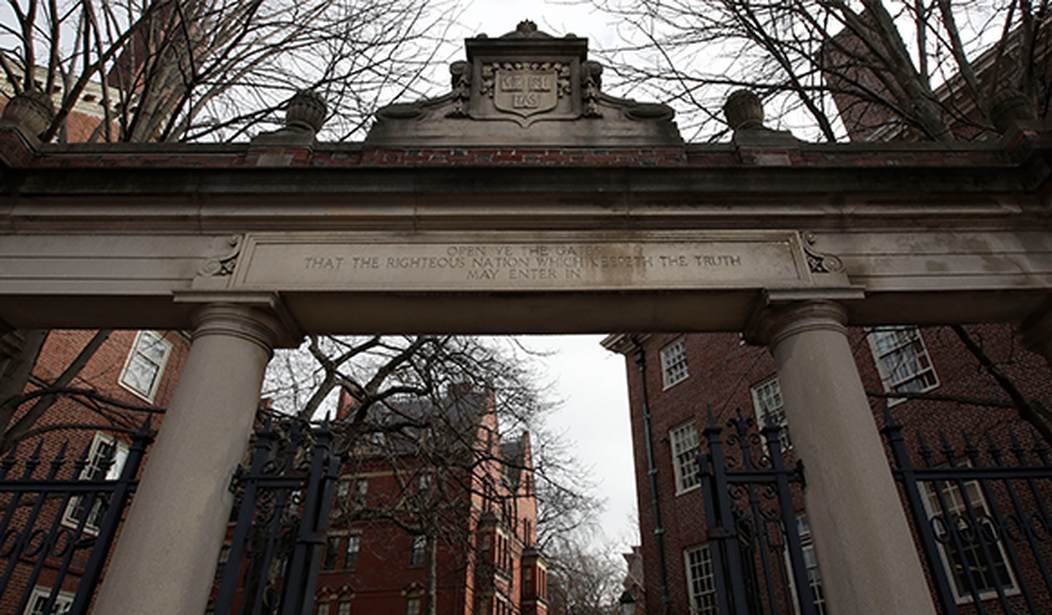On Thursday, a federal appeals court panel upheld Harvard University’s policy on affirmative action.
The group Students for Fair Admissions challenged Harvard’s policy since it allegedly discriminated against Asian-Americans regarding admission to the university. However, two judges of the First Circuit Court of Appeals ruled that Harvard’s policy did not violate federal civil rights law by considering ethnicity and race in the process of admissions.
Judge Sandra Lynch, who was appointed by President Bill Clinton, argued in the court’s decision that Asian-Americans are not at a significant disadvantage when being considered for admission:
We repeat that the statistical model using the personal rating showed no discrimination against Asian Americans. Rather, it shows that Asian American identity has a statistically insignificant overall average marginal effect on admissions probability of -.08%. This means that, on average, the model shows that an Asian American student has a .08% lower chance of admission to Harvard than a similarly situated white student and that this effect is statistically insignificantly different from zero.
Lynch added that "Harvard's limited use of race in its admissions process in order to achieve diversity in the period in question is consistent with the requirements of Supreme Court precedent."
Lynch was joined by Chief Judge Jeffrey Howard, who was appointed by President George W. Bush.
According to USA Today:
Affirmative action policies have been on opponents' chopping block for decades but have been upheld by a series of Supreme Court decisions dating back to 1978. In 2003, the court opined that in 25 years, racial preferences no longer would be necessary to achieve diversity.
Most recently, the Supreme Court ruled 4-3 in 2016 that "considerable deference is owed to a university in defining those intangible characteristics, like student body diversity, that are central to its identity and educational mission."
But that decision was written by Associate Justice Anthony Kennedy, the court's longtime swing vote, who retired in 2018. He was succeeded by the more conservative Associate Justice Brett Kavanaugh, giving opponents of affirmative action hope for a reversal in the future. Now, Associate Justice Amy Coney Barrett's confirmation has given conservatives a 6-3 majority.
"This ruling isn’t surprising in the slightest. The case was always designed to go to the Supreme Court and now it will," said Ilya Shapiro, director of constitutional studies at the libertarian Cato Institute. "It’s high time that the justices end the 40-year error of interpreting the Constitution to allow universities that accept public funding to use racial preferences in admissions decisions."
Kristen Clarke, president of the Lawyers’ Committee for Civil Rights Under Law, which sided with Harvard in the case, said the ruling shows that "Harvard's race-conscious admissions complies with Supreme Court precedent and is critical for promoting diversity."
Recommended
Should it indeed reach the Supreme Court, it will undoubtedly be an interesting and impactful case to watch unfold.

























Join the conversation as a VIP Member